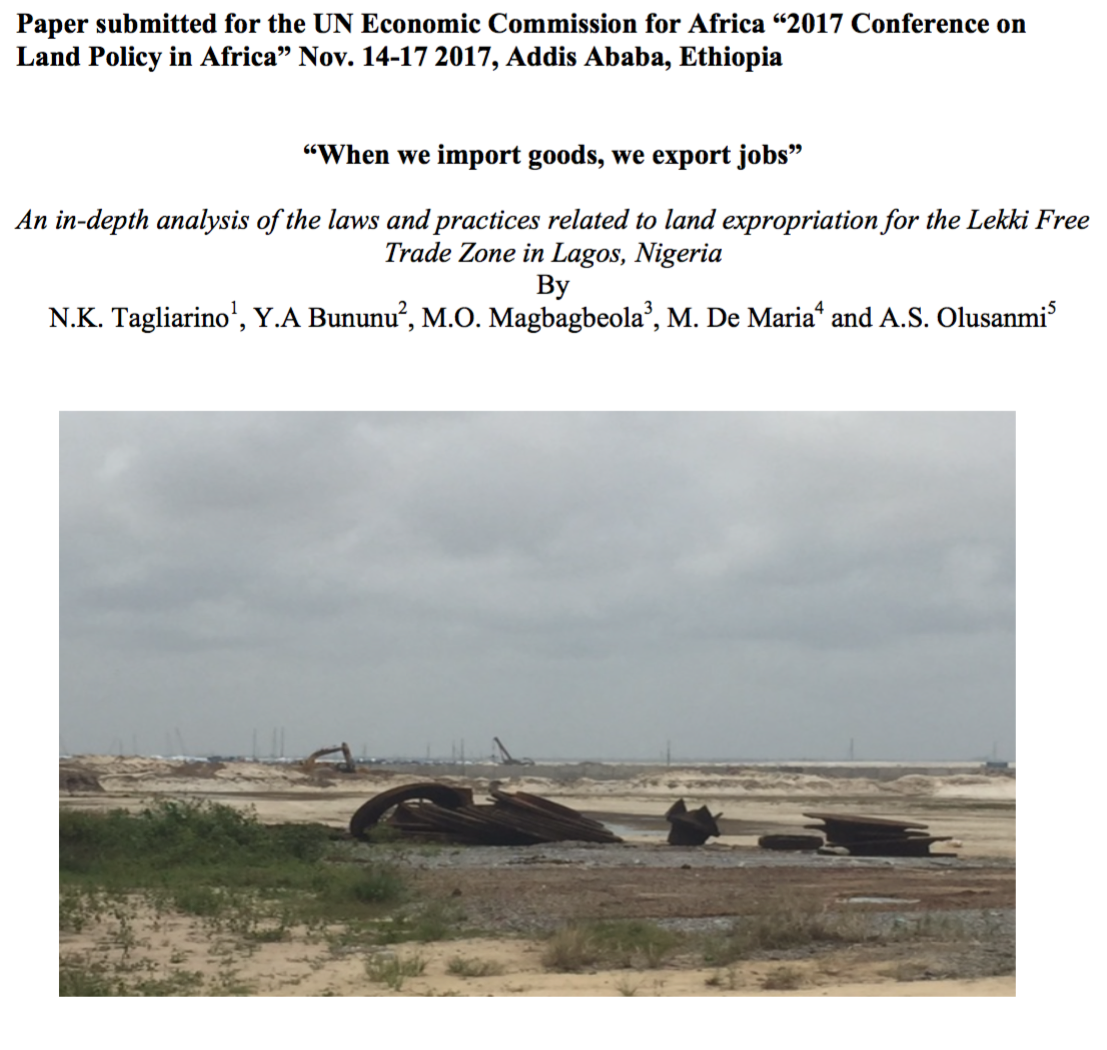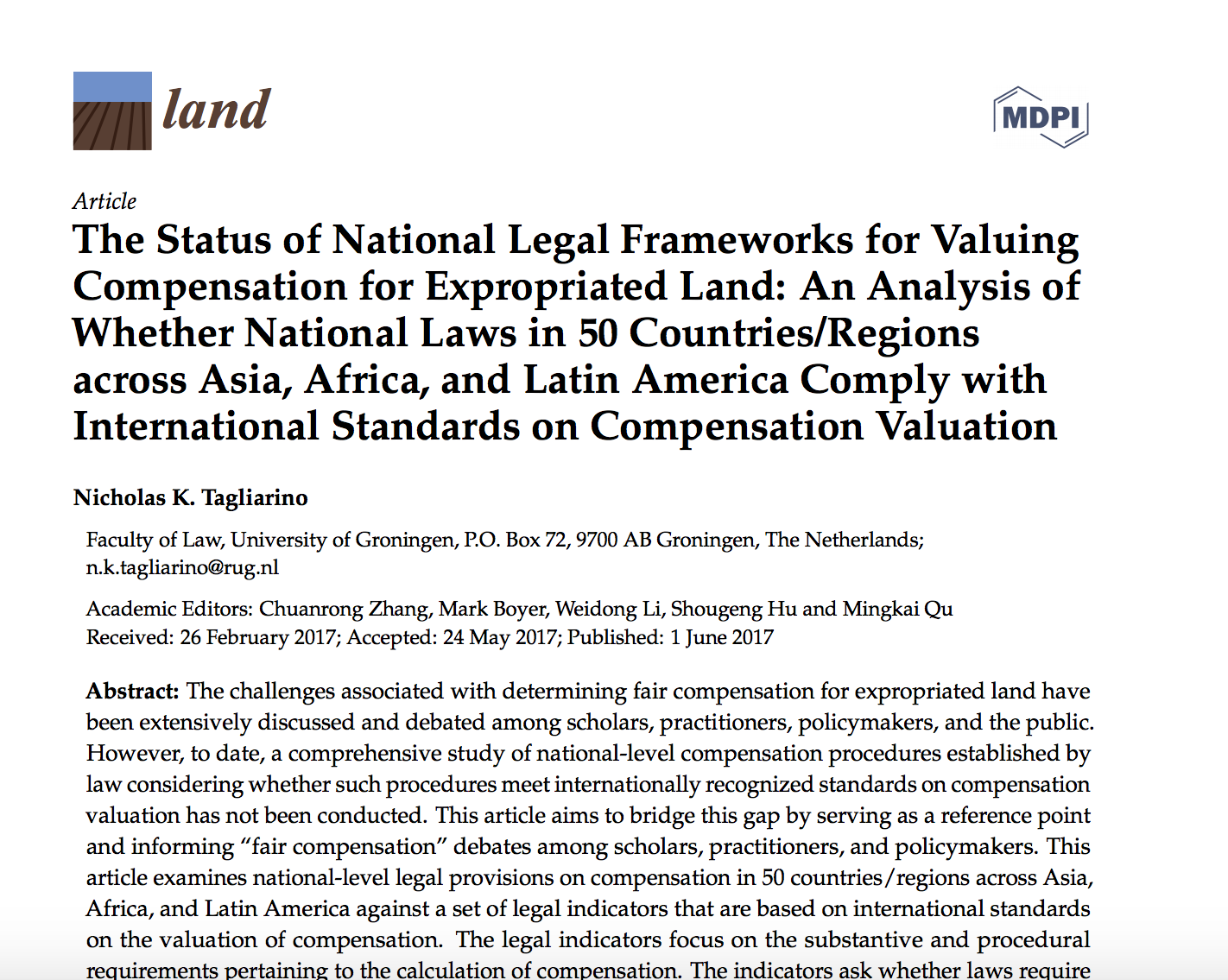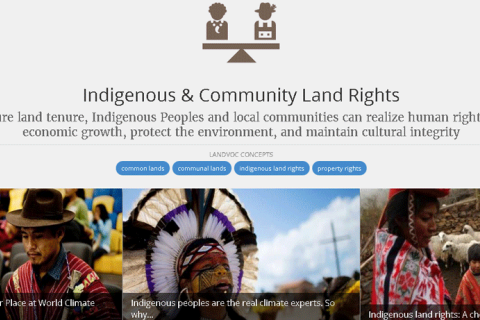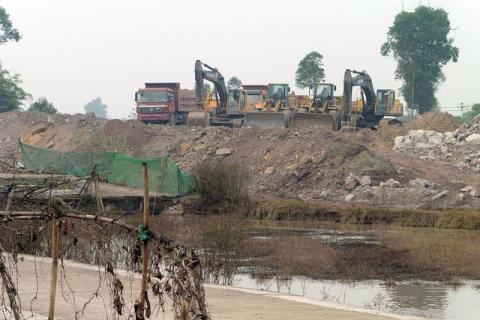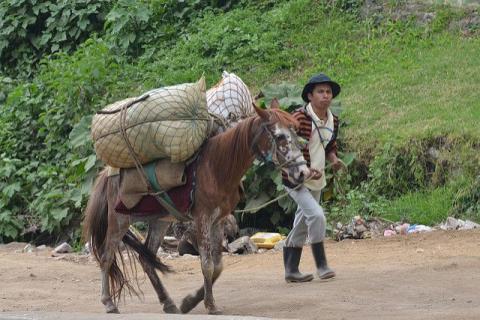Nick conducts legal and policy research for the Governance Center of Excellence. He is currently assessing the land tenure security of indigenous and community lands, and examining expropriation laws and practices for the Land and Resource Rights Initiative (LRR). He is also conducting legal research on environmental regulatory frameworks for The Access Initiative. Previously at WRI, Nick helped research land and resource rights for LRR and procedural environmental rights for the Environmental Democracy Index. He also assisted WRI’s Water team and helped design a water trading program in China.
Prior to joining WRI, Nick conducted legal research on land acquisitions for Oxfam India in New Delhi. In 2012, he worked in Monrovia and analyzed proposed Liberian legislation for the Law Reform Commission of Liberia.
Nick holds a B.A. in Economics and Political Studies from Pitzer College and a J.D. from Indiana University Maurer School of Law. He is a member of the Maryland State Bar.
Details
Affiliation:
Location
Contributions
Displaying 1 - 10 of 10"When we import goods, we export jobs"
This article was submitted for the UN Economic Commission for Africa “2017 Conference on Land Policy in Africa” Nov. 14-17 2017, Addis Ababa, Ethiopia.
This article sheds light on a series of events that triggered escalating tensions over land and resources in the coastal communities of Lagos, Nigeria. This article provides an in-depth analysis of Nigeria’s laws on expropriation and the processes of acquiring land and compensating landholders in the Lekki Free Trade Zone (LFTZ) case. Specifically, the analysis addresses the following research questions:
Pushed off their land
An estimated 10m people are displaced from development projects every year. A new study aims to monitor government adoption of voluntary guidelines on expropriation, compensation and resettlement, Nicholas Tagliarino reveals
The Status of National Legal Frameworks for Valuing Compensation for Expropriated Land
The challenges associated with determining fair compensation for expropriated land have been extensively discussed and debated among scholars, practitioners, policymakers, and the public. However, to date, a comprehensive study of national-level compensation procedures established by law considering whether such procedures meet internationally recognized standards on compensation valuation has not been conducted.
Encroaching on Land and Livelihoods: How National Expropriation Laws Measure Up Against International Standards
Encroaching on Land and Livelihoods examines whether national expropriation laws in 30 countries across Asia and Africa follow the international standards established in Section 16 of the Voluntary Guidelines on the Responsible Governance of Tenure of Land, Fisheries, and Forests in the Context of National Food Security (VGGTs). Section 16 of the VGGTs establishes standards on expropriation, compensation, and resettlement to ensure tenure security and responsible land governance. The UN Committee on World Food Security officially endorsed the VGGTs in 2012.
Four big reasons why land rights matter
By Nicholas K. Tagliarino, World Resources Institute
Land and property rights are key to myriad development goals, from hunger to women's economic empowerment. So why are they so hard to obtain?



